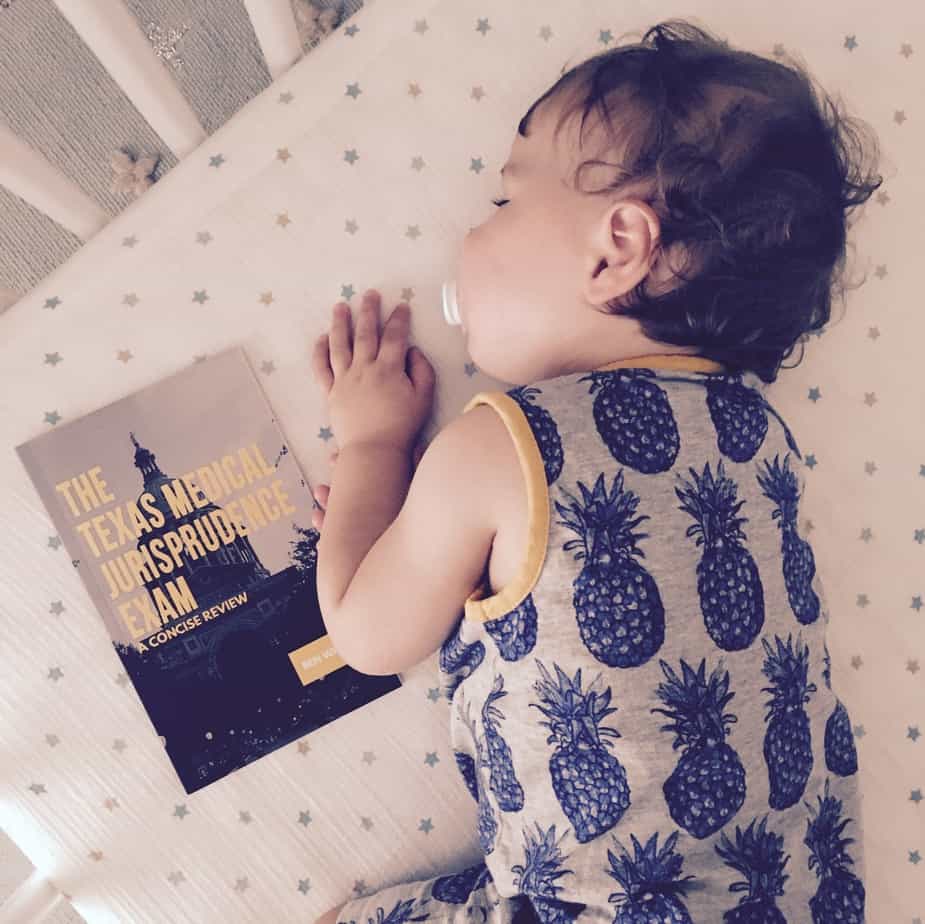Not ready yet to extend the rule loosening, the ACGME is expanding and extending its study of the effects of longer shifts for surgeons. The Flexibility in Duty Hour Requirements for Surgical Trainees (FIRST) has unsurprisingly shown that occasionally longer shifts and a less stringent rest period did not affect the rate of “surgical fatalities or serious complications.”
I say unsurprisingly because despite being tired making all of us drunkenly stupid, residents under supervision (like those in the OR) are unlikely to be able to make a significant number of extra disastrous mistakes when the additional time periods we’re talking about are usually an hour or two. Conveniently, classic fatigue-related personal disasters weren’t even covered: needle-sticks and post-shift car accidents. They also collected duty hours the normal way, meaning that the “control” group was probably lying on their duty hours just like programs do all the time, further eroding any possible real differences. Lying on duty hours is endemic to residencies nationwide, particularly surgeons. So yeah.
What else did FIRST show?
Residents working longer shifts indicated that their educational experience improved, but at the expense of time with friends and family, extracurricular activities, rest, and health. However, these residents generally were no more dissatisfied with their overall well-being than residents whose shifts conformed to the more lifestyle-friendly ACGME rules, the study shows.
This is what I love the most. What FIRST is studying is the effect of different shift length in the context of an 80-hour workweek. While long shifts can be miserable, the underlying issue affecting burnout, misery, and lack of personal well-being isn’t occasionally working 18 or 20 hours instead of 16 (or 32 instead of 30), it’s working 80 hours a week or more for extended periods of time. You can’t have a life working 80 hours a week. If a person wants to have something consistent and grounding outside of medicine, it’s probably not going to happen. And as the young professional demographic that competes against medicine involves more flexibility, better pay, less debt, more travel, etc, this dichotomy hurts young doctors. Every social metric measured was worse, but the study was promising enough to be expanded because overall dissatisfaction was similar. Of course the real bottom line is that residents—and general surgeons in particular—are burnt out.
You take a pie made out of….an unpalatable ingredient, and then tell someone that they have to eat one every week. They have the option to eat it in 5 big pieces or 6 slightly smaller ones. Do you think they’ll care that much? The bigger pieces are harder to eat, sure, but at the end of the day, it’s still a lot of pie. For most people of normal emotional reserve and professional eagerness, it’s probably too much. The FIRST results just tell us that the 80-hour work week trumps shift length—on the whole, both groups were equally miserable.
Duty hours restrictions may have initially started as a patient safety improvement mechanism, but both anecdotally and scientifically, it’s clear that the sacrifices made in the other direction wash away most if not all of those benefits. What duty hours really have the potential to do is make happier doctors who are less likely to suffer from compassion fatigue and other issues of burnout. But to do that, we either need more residents to make the same amount of work doable with less man hours per person, or we need to design systems that are resilient and flexible enough to not be built on the premise and foundation of overworked residents (or both).

